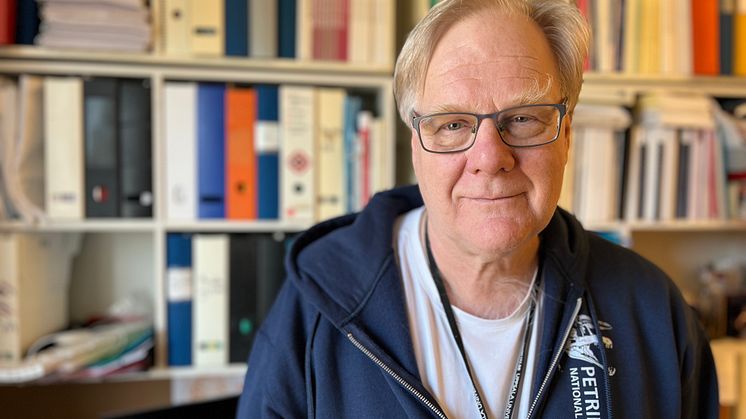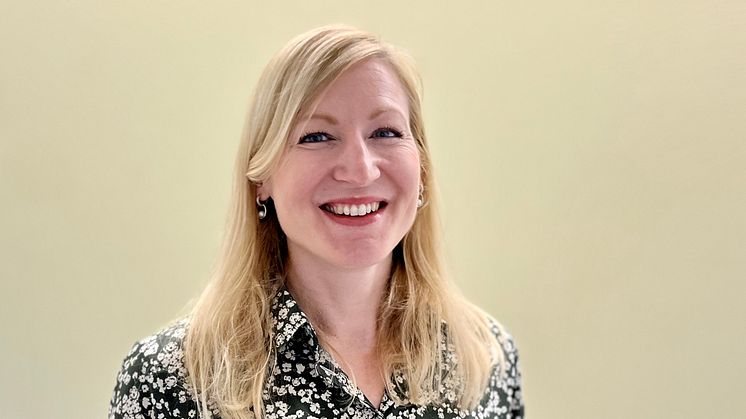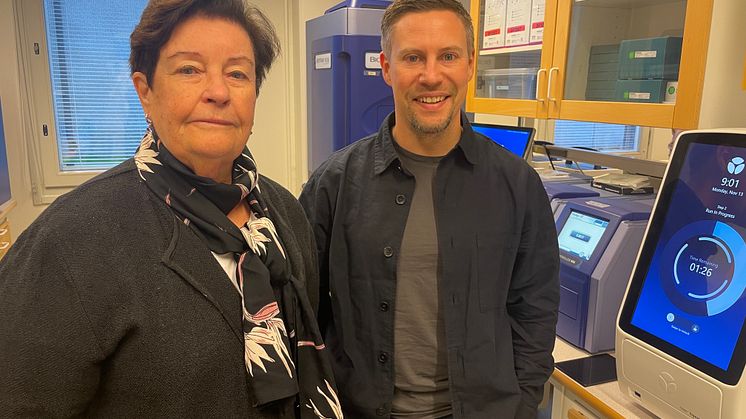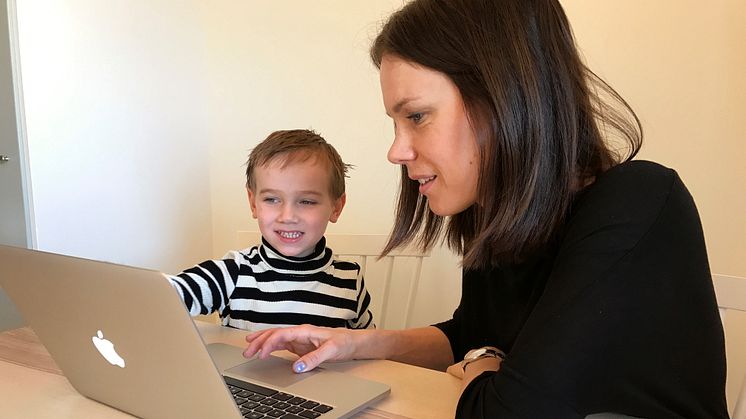When words make you sick
In a new book, experts in a variety of fields explore nocebo effects – how negative expectations concerning health can make a person sick. It is the first time a book has been written on this subject.

In a new book, experts in a variety of fields explore nocebo effects – how negative expectations concerning health can make a person sick. It is the first time a book has been written on this subject.

A new study shows how heteroresistance, a transient resistance common in many bacteria, can act as a precursor to the development of antibiotic resistance. According to researchers at Uppsala University, this is the first time this link has been demonstrated.

Women with a type of ovarian cancer known as germ cell tumours have a worse prognosis than men with similar tumours, i.e. testicular cancer. After five years with the disease, 98 percent of men were alive while the survival rate for women was only 85 percent. This has been revealed by a new study from Uppsala University and Uppsala University Hospital published in the Journal of Internal Medicine.

Adults who sleep only three to five hours a day are at higher risk of developing type 2 diabetes. This is demonstrated in a new study from Uppsala University, published in JAMA Network Open. It also shows that chronic sleep deprivation cannot be compensated by healthy eating alone.

People who have had the herpes virus at some point in their lives are twice as likely to develop dementia compared to those who have never been infected. A new study from Uppsala University confirms previous research on whether herpes can be a possible risk factor for dementia.

Using the results of a standard blood test and an online tool, you can find out if you are at increased risk of having a heart attack within six months. The tool has been developed by a research group at Uppsala University in the hope of increasing patients’ motivation to change their lifestyle.

The most important support person for women to succeed in their ambition to breastfeed is the new mother’s partner. The partner also needs to be included through more support from healthcare professionals. For single mothers, alternative solutions must be found. “Single people are a vulnerable group and need other types of support," explains researcher Ingrid Blixt.
The number of infections by the tick-borne TBE virus that are not detected by health services is far higher than previously assumed. This has been shown in a new study of Swedish blood donors from Uppsala University and the University Hospital in Uppsala. The results have been published in the journal Eurosurveillance, which is associated with the EU’s Centre for Disease Prevention and Control.

Researchers at Uppsala University have developed an instrument that makes it possible to measure 21 biomarkers for cardiovascular disease simultaneously with great precision by means of a simple blood test. The aim is to use this type of tool to improve the prediction of cardiovascular complications and facilitate more personalised treatment for patients.

The nuclear accident in Chernobyl in 1986 led to the spread of radioactivity across Sweden and Europe. In a long-term study now published in Environmental Epidemiology, researchers have used new, more specific calculation methods to show the connection between radiation dose and certain types of cancer.
Researchers have identified a new neural circuit in the brain which produces a strong sense of discomfort when activated. The discovery also allows them to show for the first time that the subthalamic nucleus, a structure in the brain that controls voluntary movements, may also play a role in the development of depression. The results could lead to better treatments for Parkinson's disease.

Young children are able to talk in detail about their feelings and how things are at home. They are also good at reading their parents and their emotions by describing their behaviours, facial expressions and tone of voice. This has been shown in a new study by Uppsala University, published in the Journal of Child and Family Studies.
